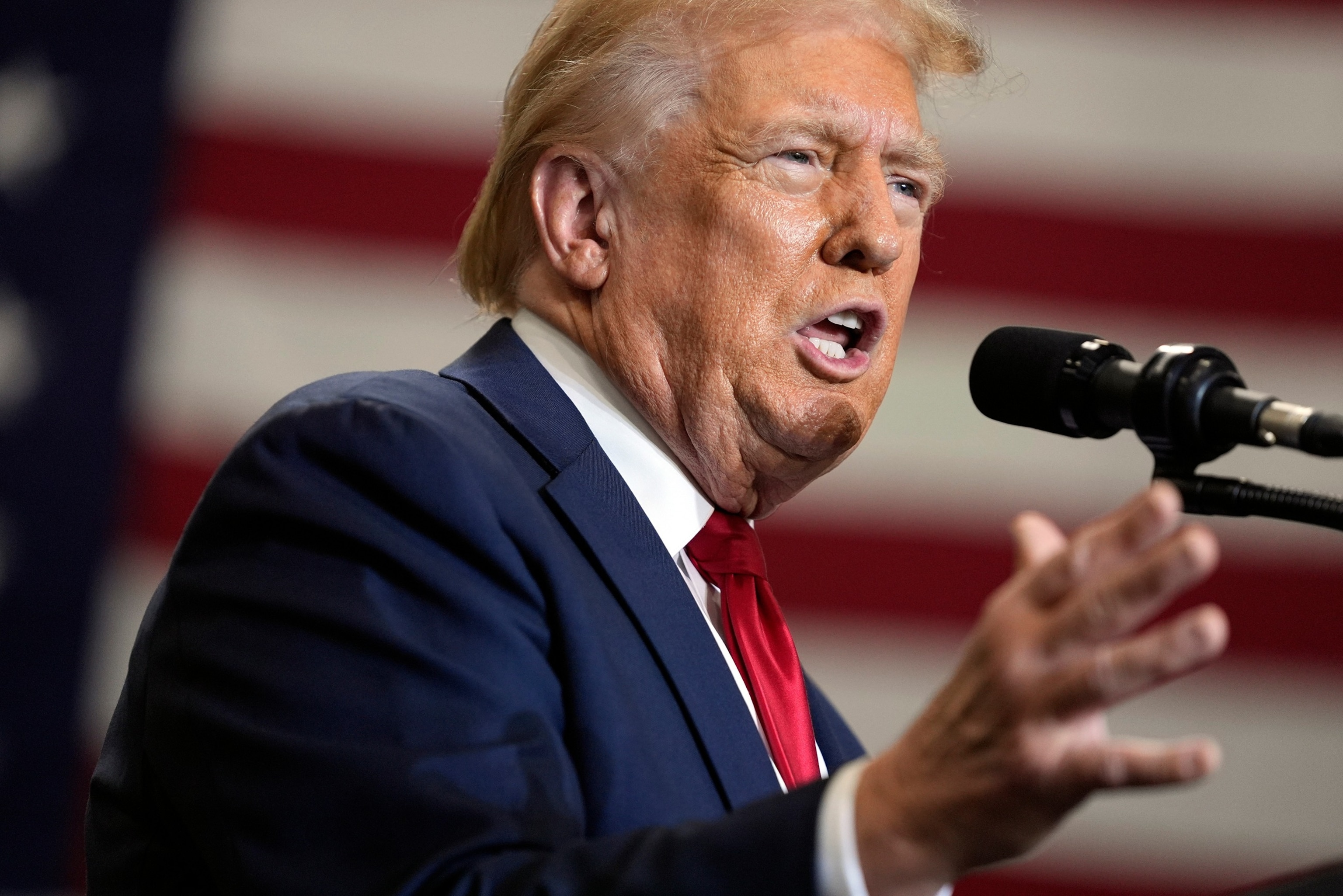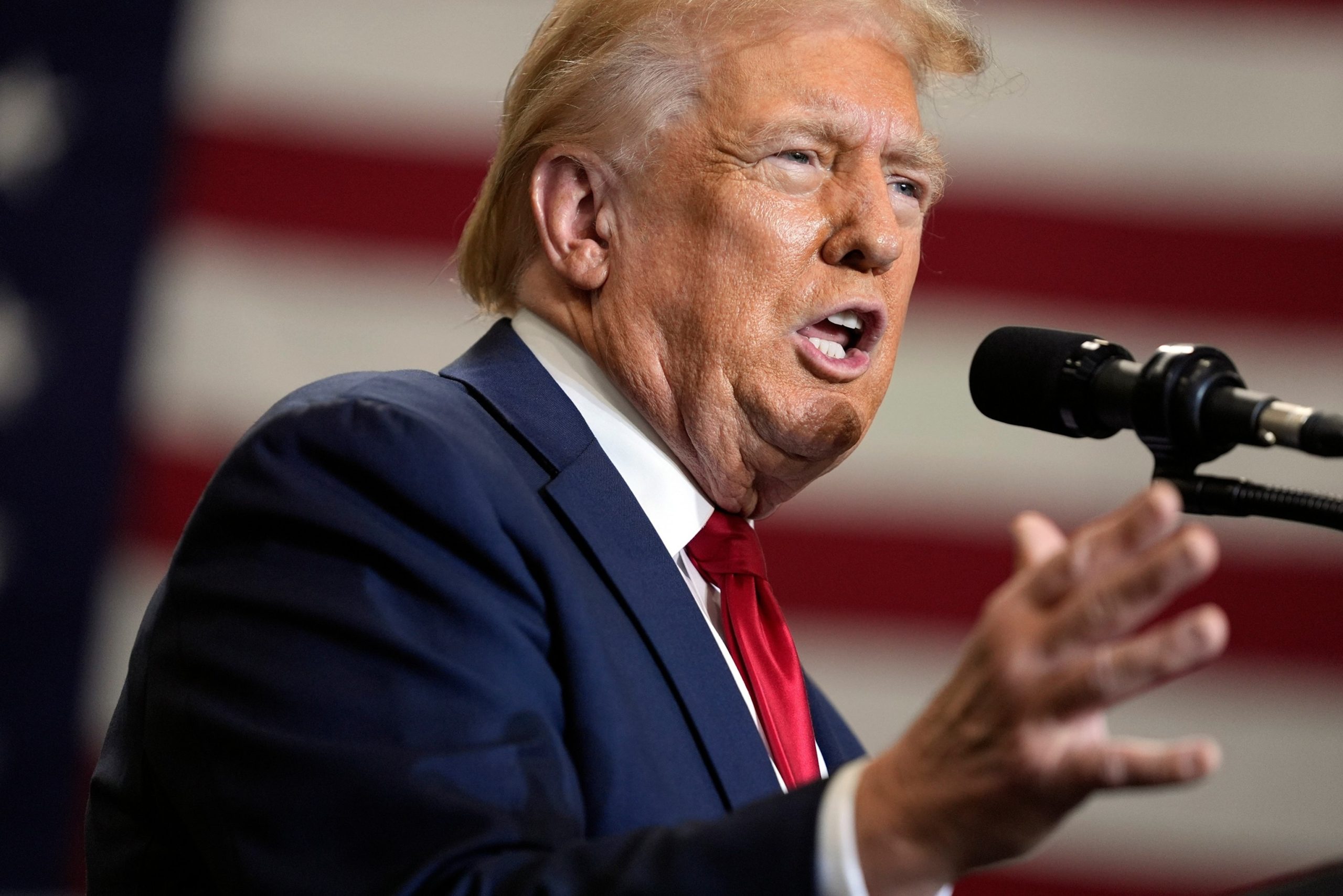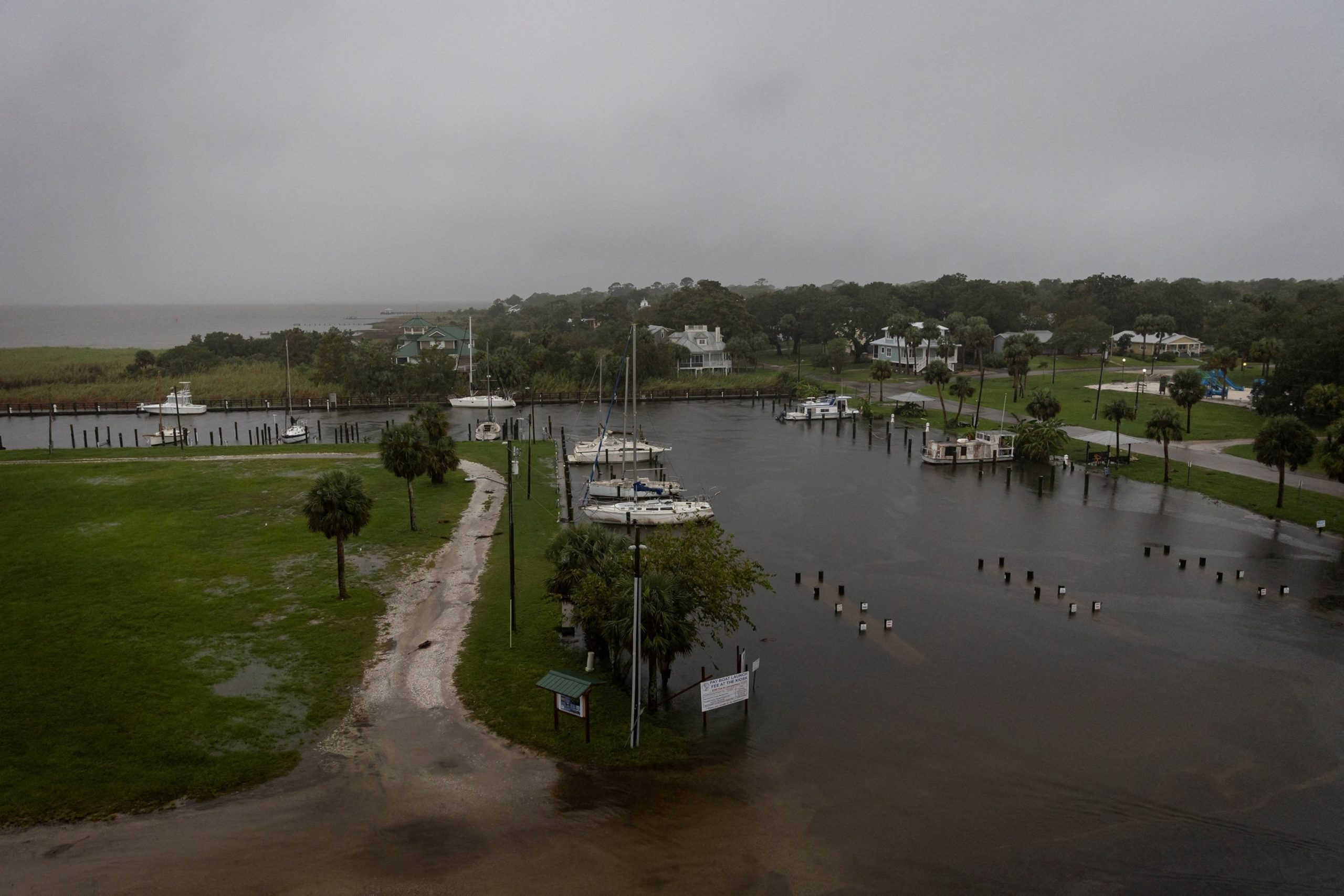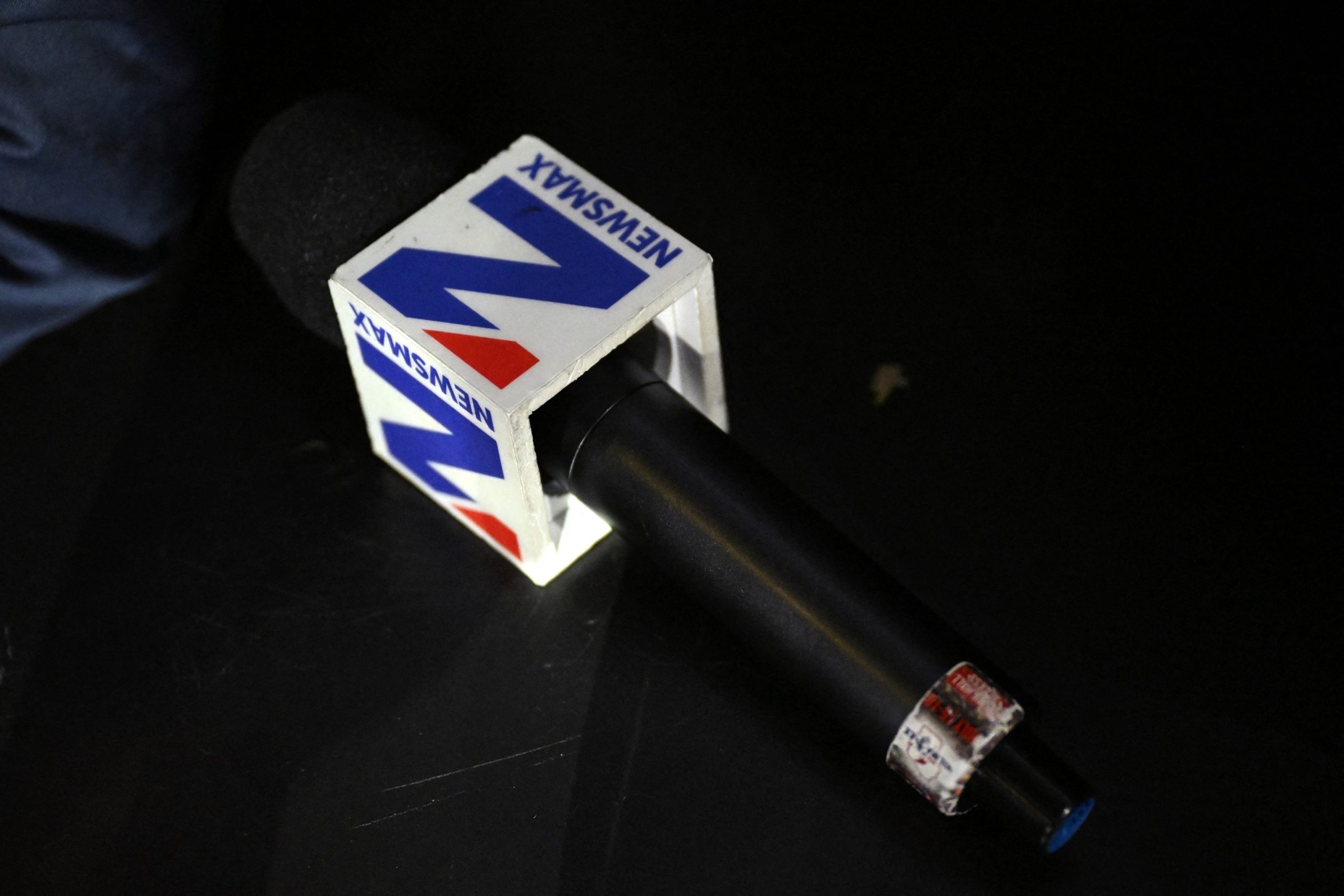Seven months after a trial judge fined Donald Trump $454 million for business frauds that the judge said “shock the conscience,” a New York appeals court appeared skeptical Thursday of some of the arguments underpinning the New York attorney general’s case against the former president.
A panel of five judges at New York’s Appellate Division, First Department heard Trump’s appeal and peppered both sides with concerns about the case — appearing to question some of the key elements of the state’s case, including the application of a consumer fraud statute, the justification for the financial penalty prosecutors sought, and the private nature of the transactions in question, mirroring well-worn defense arguments that failed during the case’s lengthy trial this year.
Trump himself did not attend Thursday’s hearing in New York.
“We have a situation where there were no victims, no complaints,” argued D. John Sauer, the same attorney who successfully argued Trump’s presidential immunity appeal to the Supreme Court earlier this year. “How is there a capacity or tendency to deceive when you have these clear disclaimers?”
While the judges expressed some skepticism about some of the defense’s claims — with one judge remarking that factual inaccuracies could have resulted in Trump’s statements being “completely fallacious” — some of the defense arguments were echoed in the judges’ questions.
“The defendants’ statements were not made for ordinary people,” noted Associate Justice David Friedman. “They were directed at some of the most sophisticated actors in business.”
Deputy Solicitor General Judith Vale, arguing for New York Attorney General Letitia James, emphasized the magnitude of Trump’s alleged misstatements and their importance to the banks that loaned the former president hundreds of millions of dollars.

Republican presidential nominee former President Donald Trump speaks during a campaign event, Sept. 25, 2024, in Mint Hill, N.C.
Evan Vucci/AP
“Deutsche Bank would not have given these loans without the financial strength being inflated,” Vale said. “The financial statements were coming in each year, and they were important, critical to the loans each year.”
A series of questions also focused on the New York fraud statute — Executive Law 63 (12) — that the attorney general used to bring her case. Trump’s lawyers have insisted the law should not apply to profitable transactions between financial institutions and the Trump Organization.
“How do we draw a line or put up some guardrails to know when the attorney general is operating within her broad sphere or 63(12) or going into an area where she doesn’t have jurisdiction?” asked Associate Justice John R. Higgitt.
Vale responded by arguing that Trump’s frauds impacted consumers by inserting false and misleading information into the marketplace, and that Trump’s fine has a deterrent effect.
“A big point of these statutes is for the attorney general to go in quickly to stop the fraud and illegality before the counterparties are harmed,” Vale said.
When pressed by Justice Peter Moulton about the “troubling” size of the penalty and whether it was “tethered” to the limited harm incurred by the banks that did business with Trump, Vale argued that the profitability of the transactions should not give Trump a free pass to use false information.
“It is not an excuse to say our fraud was really successful so we should get some of the money,” said Vale.
While at times critical of the state’s arguments, the justices often pushed back against Trump’s arguments about the case’s statute of limitations. Presiding Justice Dianne Renwick appeared to defend the state’s use of the fraud statute.
“It does start off with ‘To protect honesty and integrity in the marketplace,'” Renwick interjected at one point.
In an 11-week trial that concluded in February, New York Judge Arthur Engoron found that Trump, his eldest sons, and two top Trump Organization executives exaggerated Trump’s wealth to secure better terms from lenders, for which he fined the former president $454 million.
Trump, following the ruling, secured a $175 million bond while he appeals the judgment.
The New York Attorney General, Letitia James, is currently facing pressure from judges as former President Donald Trump appeals a $454 million fraud judgment against him. The case stems from allegations that Trump’s now-defunct Trump University defrauded students out of thousands of dollars with promises of real estate success.
The judgment was originally handed down in 2018, but Trump has been fighting it ever since. Now, as the case makes its way through the appeals process, judges are putting pressure on James to ensure that justice is served.
One of the main issues at hand is whether or not Trump can be held personally liable for the fraud committed by Trump University. Trump’s lawyers argue that he should not be held responsible, as he was not directly involved in the day-to-day operations of the school. However, judges have expressed skepticism about this argument, pointing to evidence that Trump was intimately involved in the marketing and promotion of Trump University.
In addition to the legal arguments being made in court, there is also political pressure on James to see this case through to its conclusion. Many see this as a test of her ability to hold powerful individuals accountable, regardless of their political connections.
The outcome of this case could have far-reaching implications for both Trump and James. If the judgment is upheld, it could set a precedent for holding high-profile individuals accountable for fraud. On the other hand, if Trump is successful in his appeal, it could embolden others to engage in similar fraudulent activities without fear of repercussions.
As the case continues to unfold, all eyes will be on Letitia James and the judges overseeing the appeal. The outcome of this case will not only impact Trump and his business dealings but also set a precedent for how fraud cases involving powerful individuals are handled in the future.



